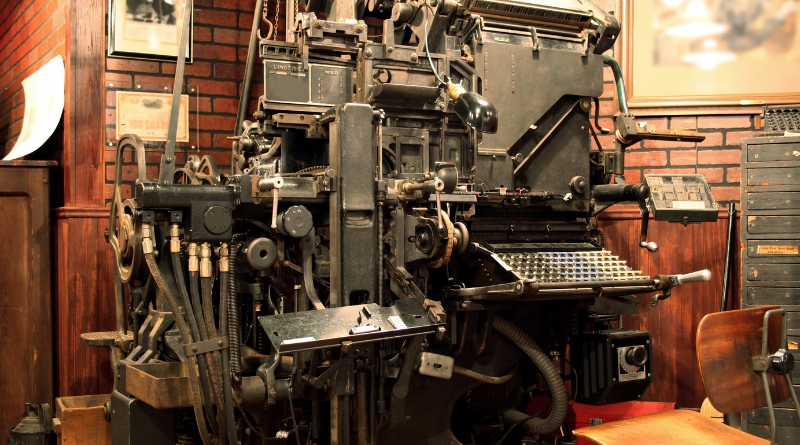As agriculture continues evolving, so do farmers’ technologies and tools. From drones that precisely map fields to automation technologies that reduce labor costs while increasing crop output, innovations are continually driving efficiency in the industry. But one of the most promising developments on the horizon is cobots – collaborative robots explicitly designed for agricultural operations.
These versatile machines offer researchers and farmers unprecedented opportunities to revolutionize how food is grown globally. In this article, we’ll explore how a cobot can be utilized within agricultural processes and their potential to accelerate innovation within farming operations.
What are cobots, and how do they work?
Cobots, or collaborative robots, are the latest technology used in industrial settings. Unlike traditional robots, cobots are designed to work alongside and interact with humans by performing repetitive, structured tasks. Though they resemble regular robots, they are equipped with sensors and sophisticated software to recognize humans nearby and react and adapt based on their actions.
Cobots use cutting-edge AI technology to understand voice commands, follow instructions through various programs, monitor safety systems, and take over tedious tasks once done by person-hours. It’s no wonder they’re becoming increasingly popular amongst factories that want a safe and efficient alternative to manual labor – plus less downtime due to error or fatigue.
In short: cobots have proven themselves highly versatile equipment with applications across multiple industries, from manufacturing to healthcare. Whether you’re looking for increased efficiency or safety improvements, it’s easy to see why collaborative robots are fast becoming the go-to choice for compelling returns on investment.
The benefits of using cobots in agriculture
Cobots are particularly advantageous when it comes to agriculture. As one of the most labor-intensive industries in the world, these machines can help reduce costs while improving efficiency and productivity. Here are a few key reasons why you should consider using cobots for your agricultural operation:
Improve accuracy– Cobots can be programmed with precise instructions to carry out tasks within exact specifications, making them ideal for activities requiring extreme accuracies, such as harvesting and weeding. It ensures consistent quality across production batches and reduces waste due to miscommunication or error.
Increase productivity– Cobots significantly increase output and throughput rates by freeing human workers from tedious, monotonous tasks. They also allow employees to focus on more complex tasks, increasing productivity.
Reduce costs– Cobots don’t need to be paid wages or take breaks as human workers do, so they represent an economical solution for large-scale operations. In addition, their ability to work continuously without getting tired reduces costly downtime and maximizes output.
Enhance safety– Working alongside cobots can improve safety on the farm as they are designed with built-in sensors that monitor the environment and detect potential hazards. It means fewer accidents due to human error and a safer working environment overall.
How cobots can help farmers improve their yield
Cobots offer farmers a way to optimize their yield in unprecedented ways. For starters, they can be programmed with high-resolution cameras and infrared sensors that detect changes in soil composition or disease in crops, enabling them to identify potential issues before they become more significant problems.
Robots also can automate previously labor-intensive tasks such as spraying pesticides or fertilizers, helping reduce costs and improve efficiency. In addition, cobots are equipped with GPS navigation systems and mapping capabilities that allow them to map crop fields for optimal planting paths. Farmers can better utilize resources such as water and fertilizer with this data for maximum yields.
Finally, cobots can be used to monitor animals on large farms, where it would require more work for human workers to keep tabs on their health and well-being. By equipping them with cameras and sensors, they can be used to detect illness or injury in livestock and alert farmers to any potential problems.
Challenges that remain for cobot technology in agriculture
Despite cobots having immense potential to revolutionize the agriculture industry, some challenges still need to be addressed before they can reach their full potential. Firstly, due to their sensitive sensors and electronics, these machines have difficulty operating in extreme weather conditions such as heavy rain or intense sunlight. It could limit their use during certain times of the year, particularly in regions with more extreme climates.
Another issue is cost. Although cobots may offer a better return on investment than human workers over the long term, farmers often need help to invest upfront money in new technologies. On top of this, training personnel to operate these robots and ensuring suitable safety protocols are implemented is also challenging.
Finally, it’s important to note that the use of cobots in agriculture is still in its infancy, and there could be unforeseen consequences down the line. For example, if machines become too efficient and start replacing human workers, there could be a negative impact on employment in rural areas.
For more info click here





